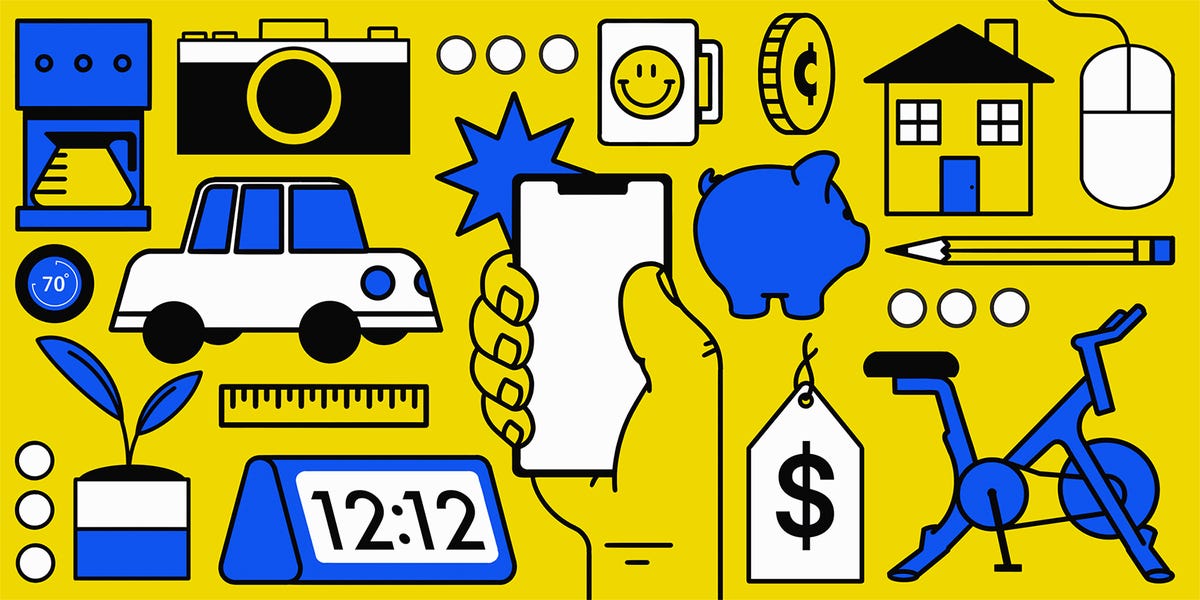The concept that the 1% (or the most affluent and powerful segment of society) is actively preventing true ownership of the things we buy isn’t a universally accepted notion.
Instead, it’s often discussed in the context of broader economic systems and practices that can restrict the sense of true ownership.
Here are several ways in which systems, policies, or practices can be seen to limit ownership, which some might attribute to the influence of the very wealthy or powerful corporations:
-
Digital Rights Management (DRM): This technology restricts how digital content (e.g., e-books, video games, music, movies) can be used by consumers. For example, you may not be able to share an e-book or transfer it to another device due to DRM, limiting your control over the purchased product.
-
Software as a Service (SaaS): Many companies have moved away from selling software as a one-time purchase to a subscription model, where users pay to access software on a monthly or annual basis. This means the user never truly owns the software and will lose access if they stop their subscription.
-
End User License Agreements (EULAs): These agreements often contain clauses that limit how consumers can use products and can include provisions that prevent ownership transfer, modding, or reverse engineering.
-
Proprietary Parts and Repair Restrictions: Some manufacturers use proprietary components and restrict third-party repairs (also known as “Right to Repair”). This forces consumers to use the manufacturer’s own services, which can be more expensive and further distances the owner from truly “owning” their product in terms of being able to maintain or modify it.
-
Planned Obsolescence: Some argue that companies design products with a limited lifespan to encourage consumers to buy newer models. This practice means that even if one “owns” a product, its usefulness is artificially limited.
-
Intellectual Property Laws: These laws can be used to create monopolies over knowledge and innovation, which can limit consumer rights to use and modify the products they purchase.
-
Subscription-based Models: Companies are increasingly pushing towards subscription models for various goods and services, from vehicles to clothing. These models can undermine traditional ownership by making it more financially advantageous or convenient to rent or subscribe rather than own outright.
-
Real Estate Investment Trusts (REITs) and Large Corporate Landlords: There’s a perception that these entities buy up substantial amounts of property, making it difficult for individuals to purchase a home due to increased prices and limited supply.



Especially when it’s profit over sustainability.
Before this whole thing I was not very radical. Now I can’t help but see how our current system, economically and financially, is oriented around top down class warfare.
Most people just don’t have the time/energy to be radical because our lives are so exhausting already, thanks to overworking and social media exposure. Fear and exhaustion keep the population easy to push around. No one I know in IRL disagress with what I say about wall street, but none of them feel able to do something about it.
But learning about all this stuff has given me the energy (aka anger) and so I make the time to do something about it!
Being a family man the extent of my radicalism looks a lot like a sincere imitation of Calvin’s dad. I’m all for systemic change and I talk about the rationale as much as my friends and loved ones will tolerate, but I can’t exactly go around lighting cop cars on fire about it.
Haha yeah I have to bite my tongue most days as well. The last time someone asked me about it they apologized for causing me to go on a rant 😂
I’m hopeful that DRS advocacy will do a lot more for the average person than lighting up cop cars. We’re not as attention grabbing, but we’re saying a lot more and trying to provide a solution as well. That’s more than most forms of protest can do imo.